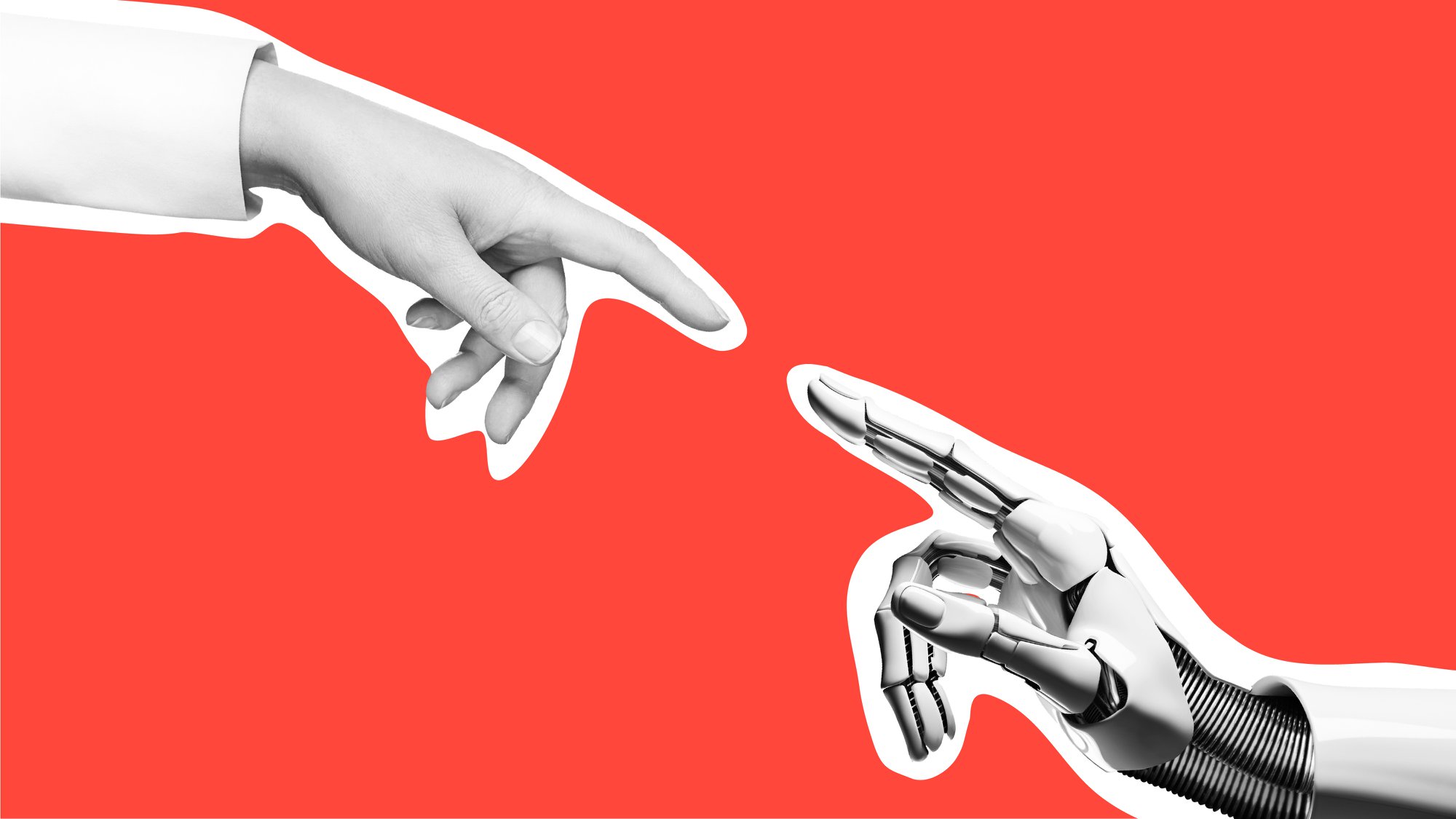We need to talk about Humour.

We have a genetic predisposition to laugh.
Humour
noun:
1. the quality of being amusing or comic, especially as expressed in literature or speech.
Humour is a universal human experience, a social currency, an intangible, subjective, shape-shifter.
While it can be classed as a state of mind, it also has the ability to alter our state of mind – taking us at once from total overwhelm to clarity of thought; from dejection to inspiration; from isolation to relatability.
It can diffuse tension in situations that otherwise feel taut with stress. It can reach that part of us that feels knotted and anxious. It can remind us that a lightness exits, even in the heaviest of circumstances. It can be a way in, or it can be a way out.
Most of us will have uncomfortably clear memories of stressful work meetings.
You know the ones: different agendas being pushed, egos that need stroking, that person you owe a piece of work to but haven’t gotten to it yet, brewing tensions over budgets, the total absence of decent coffee. (Happily, none of these things exist at The Team. But rest assured, I’ve had my fair share in previous jobs!)
But can humour really alleviate any of these issues?
Yes, the answer is yes. Well, except for the lack of decent coffee, nothing takes the edge off that.
Biological research (Marinkovic et al. 2011) suggests that as humans, we have humour hardwired into our brains; we have a genetic predisposition to laugh. A social beast, humour thrives when we’re with other people. In fact, a study carried out by Provine & Fischer (1989) showed that we’re thirty times more likely to laugh with other people than when we’re alone.
So, when you use humour to diffuse a situation, ease people into a concept or in a general day-to-day sort of a way – it’s prudent to gauge your audience.

But just how funny do you need to be? (I mean, if we’re talking Lol Cat videos…)
So with all this in mind, why are so many workplaces lacking in the humour department?
(And, perhaps the bigger question for me is: WHY DON’T WE HAVE ACTUAL HUMOUR DEPARTMENTS? The Department of Humour has a glorious ring to it, don’t you think?)
And what about the expression, ‘brand of humour’? Like in the question, ‘Do you like their brand of humour?’
Now, there’s a thought … I can see it now, ‘And the Brand of Humour award goes to…’ There are certainly worse accolades.
Anyway, we digress.
Gallup’s research highlights that having a close friend at work (who you can have a laugh with) is one of the greatest drivers when it comes to employee performance. Win, win!
Humour draws much of its power from a chemical taproot. When we laugh, our brains produce less cortisol, which alleviates stress and makes space for clarity of thought. So, a well-timed, mid-meeting chuckle may be just the thing needed to recalibrate your team’s focus and create a atmosphere of unity.
Business leaders of 2023 would be wise to embrace humour, harness its power and realise how important it is to employee experience.
After finally surfacing after the Covid-19 pandemic, people are now reeling from the ongoing Cost of Living Crisis. Creating space to laugh is a real and meaningful way to support your employees as they navigate this challenging time.

Don’t think you can be funny?
Think again!
Despite it often being considered a kind of, ‘either you’ve got it or you haven’t’ quality, humour is something you can learn.
So why not give it a go? Start a humour revolution!
If the side-effects of a good belly laugh are increased wellbeing, team performance and, who knows, your business’s bottom line – what’s not to love?
In his brilliant new book, Human Kind, Rutger Berman asks the question: How would your outlook to life change if you realised that human beings are all essentially (and mainly) nice people? He goes on to discuss how we’ve evolved, not through the survival of the fittest, but through the survival of the friendliest. Food for thought, hey?
Funny Business
At the end of January, we’ll be welcoming the brilliant (and hilarious) Zara Janjua into our midst. She’s this month’s guest speaker at our virtual ‘Talks with The Team’ event.
Zara is a broadcasting mutli-hyphen and great believer in the power of humour and storytelling. Her talk, Funny Business, will look at humour in the workplace – why it matters, why you shouldn’t be afraid to use it and how to embrace it.
We can’t wait!
These free monthly Talks with The Team events offer a wonderful opportunity for clients to join us, via Zoom, and learn something new and inspiring from that month’s speaker.
If you’re interested in joining us, simply register via the button below.





